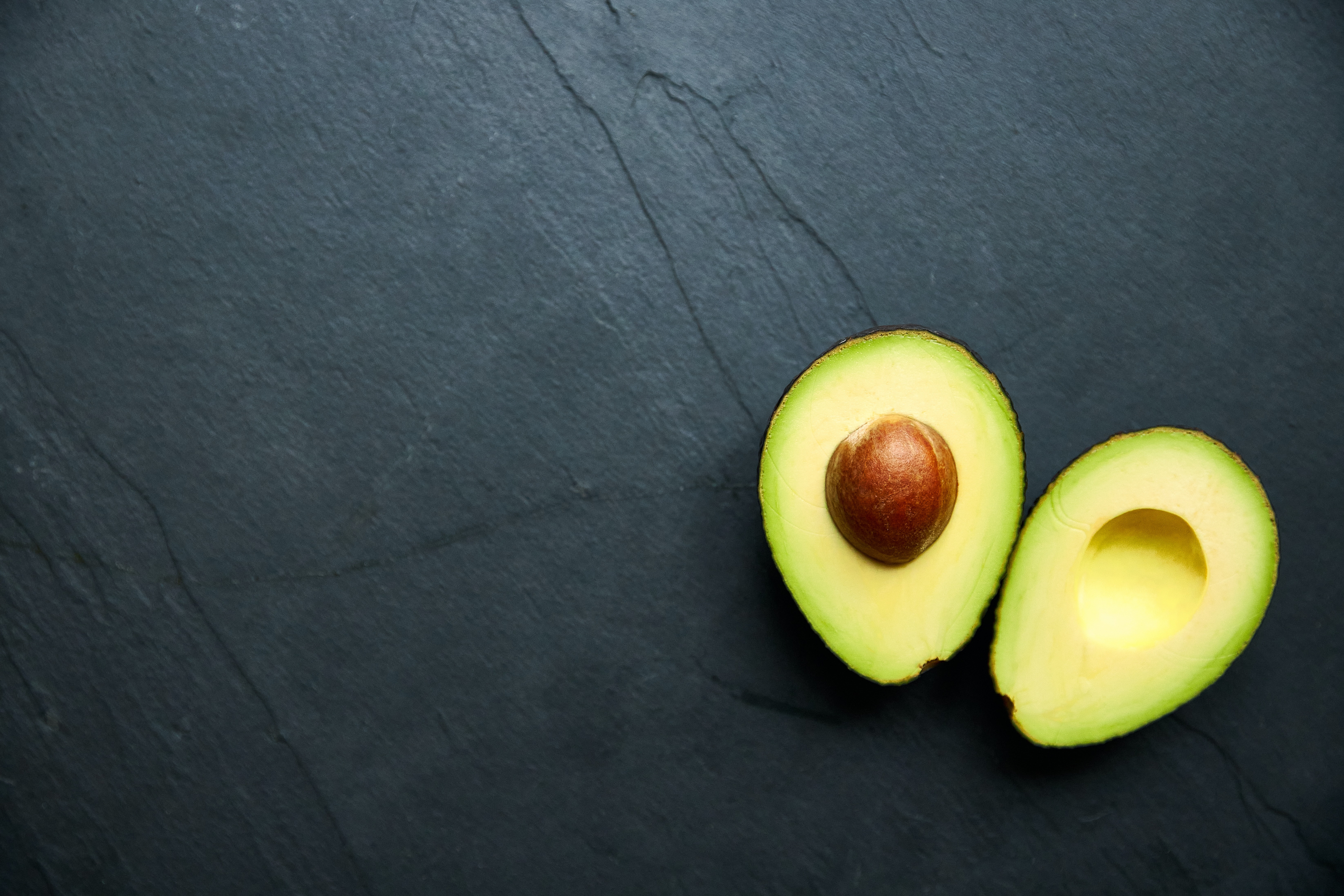Have you ever heard the saying "you are what you eat"? Well, it turns out that this phrase applies not only to our physical appearance but also to our gut health. Our gut is home to trillions of microorganisms that make up what's called the gut microbiome. In this article, we'll explore how the microbiome plays a crucial role in supporting our health and immunity.
What is the microbiome?
The microbiome refers to the community of microorganisms living in our gut, including bacteria, viruses, and fungi. These tiny organisms play a vital role in supporting our overall health by aiding in digestion, producing vitamins, and supporting our immune system. They also help to protect us against harmful pathogens. According to the Commonwealth Scientific and Industrial Research Organisation (CSIRO), the microbiome can have a significant impact on our health, including our weight, metabolism, and even mental health.
Fiber:
Now, let's talk about fibre. Fibre is only found in plant foods and is unable to be digested by the human body, but our friendly gut bacteria love it! There are two types of fibre: soluble and insoluble. Soluble fibre, found in foods like oats, fruits, and veggies, dissolves in water and forms a gel-like substance that helps slow down digestion. Soluble fibre is fuel for the good bacteria living in our gut. Insoluble fibre, found in foods like whole grains and nuts, helps to move food through our digestive system, helping maintain regularity for healthy bowel transit times. Both types of fibre are important for gut health. Adults should aim for at least 25-30 grams of fibre (ideally more) per day for optimal gut health. Currently the Australian average is closer to 15 grams a day, so there’s a bit of work to do. Adding a tablespoon of ground flaxseeds to your breakfast and some extra veggies at dinner can be all it takes to make a difference.
Processed meats:
Processed meats, such as sausages, bacon, and ham, have been linked to negative effects on the gut microbiome. According to Nutrition Australia, processed meats are often high in salt and nitrates, which can promote the growth of harmful bacteria in the gut. A 2018 study published in the journal ‘Nutrients’, found that a diet high in processed meats was associated with lower levels of beneficial bacteria in the gut. The study also found that a diet high in fibre was associated with higher levels of beneficial bacteria. Therefore, it's important to limit our intake of processed meats or, ideally, eliminate it altogether.
Diversity:
To support a healthy microbiome, we also need to focus on plant-based diversity. Eating a wide variety of plant based whole foods, including different types of fruits, veggies, grains, and legumes, helps to promote a diverse range of microorganisms in the gut. Higher gut diversity is correlated with better health and longevity. In contrast, a diet high in processed foods, sugar drinks, and medications can harm the microbiome and lead to imbalances. Once imbalances in the gut have been created, they can be difficult to correct (although can be corrected under professional guidance).
Stress:
Stress and lack of sleep can also impact the microbiome. High levels of stress and poor sleep quality can disrupt the delicate balance of microorganisms in the gut, leading to inflammation and other health issues. This happens due to the nervous system being in fight or flight mode. When the nervous system is in fight or flight, it can no longer modulate the gut microbiome, letting it get out of control. As a result, stress and sleep management should always be an important part of any gut health protocol.
In conclusion, taking care of our gut health is crucial for overall health and wellbeing. We can support a healthy microbiome by eating a diverse range of plant based whole foods, focusing on fibre, avoiding processed foods and sugary drinks, and managing stress and sleep. By prioritising gut health, we can support our immune system, improve digestion, and feel our best!
